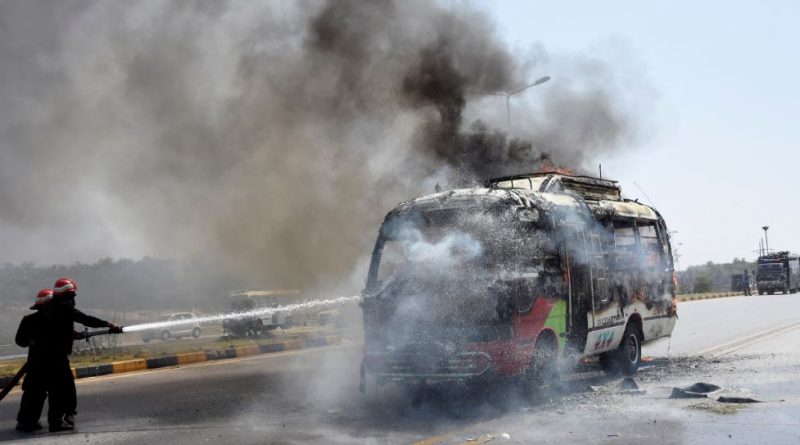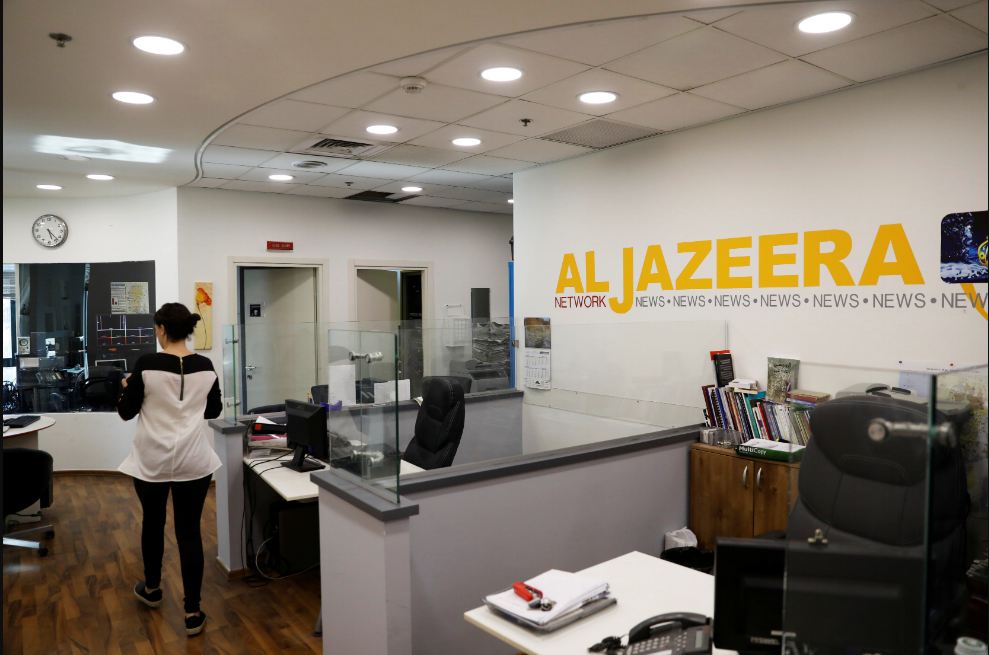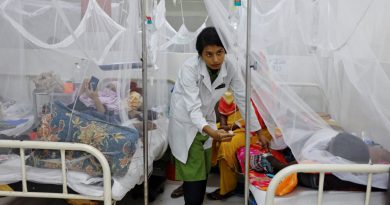Pakistan to try ex-PM Khan’s violent supporters under army laws
Islamabad (Reuters) – Pakistan’s civilian and military leaders on Tuesday said that rioters and their backers who attacked state assets and military installations to protest the arrest of former prime minister Imran Khan will be tried under army laws.
The decision was taken at a meeting of the National Security Committee chaired by Prime Minister Shehbaz Sharif. It is an endorsement of the military, which said on Monday that the rioters and their handlers had been identified, and would be tried under army laws.
It has previously said that the May 9 attacks against the military were “pre-planned” and ordered by Khan party’s leaders. Khan has denied the allegation and demanded an investigation.
“The meeting endorsed to bring the miscreants, the planners who incited for violence and their facilitators to dock by trying them under constitutional provisions of concerned laws, including Pakistan Army Act and Official Secrets Act,” said a statement issued by Sharif’s office.
The Human Rights Commission of Pakistan (HRCP), an independent civil rights group, said it strongly opposes the use of those two laws to try civilians.
“While those responsible for arson and damaging public and private property during the recent protests should be held to account, they remain entitled to due process,” the group said in a statement after Tuesday’s announcement.
Military courts which proceed under the army act and related legislation do not have to hold to the standard of evidence and process that regular courts are obligated to uphold, said Abdul Moiz Jaferii, a lawyer.
The premier condemned the violence, saying, even the army’s headquarters, an air force base and an office of the Inter-Services Intelligence agency were not spared by the protesters, adding it comes under the category of terrorism.
“Whoever are the planners and whoever incited these miscreants … they don’t deserve any leniency,” Sharif said.
Thousands of Khan’s supporters took to streets after his arrest in a graft case, burning and attacking police, government buildings, official and public vehicles, military assets and installations, that killed at least eight people.



